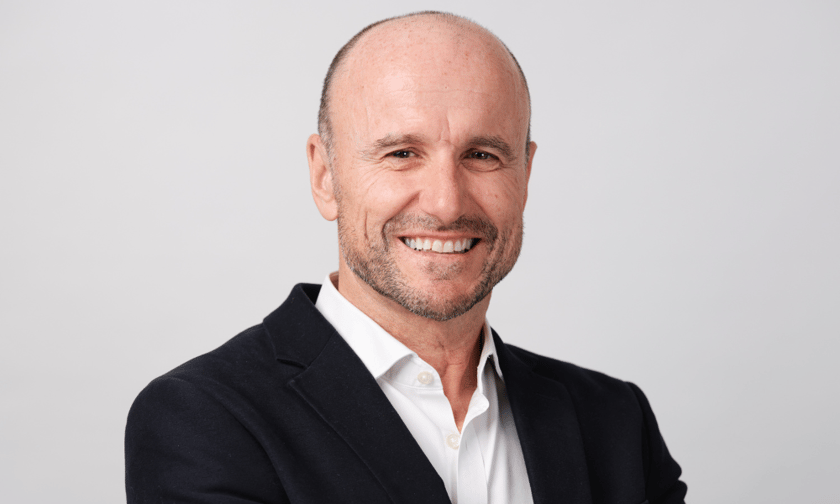

In the insurance industry, it’s far more common for an insurance business to start in Australia and afterwards expand across the Tasman, rather than vice versa. For example, in August, Sydney-headquartered Agile Underwriting Services (Agile) officially launched operations in New Zealand. In July, after offering services in the country for several years, HDI Global SE (HDI) announced, for the first time, boots on the ground in New Zealand.
Both these insurance businesses had long established operations in Australia before setting up in New Zealand.
Insurance Business asked group CEO Kent Chaplin (pictured above) about the challenges involved in setting up?
“Australia is about 10 times the size of the New Zealand insurance market,” said Chaplin.
Financial information shows this fundamental difference. Data from the Insurance Council of New Zealand (ICNZ) shows that up to September 2023 New Zealand’s net written premiums (NWP) across all insurance business totalled about US$3.4 billion. Australia’s NWP during the same year, based on Australian Prudential Regulation Authority (APRA) data, was about US$30.3 billion.
“So firstly, you’ve got scale, which means it's not a market you can eat in one bite, you've got to be disciplined and strategic about it,” he said.
There are also more variances, said Chaplin, across the insurance market Down Under.
“Each state in its own right is probably bigger than the New Zealand market in many respects,” he said. “That means there are lots of challenges but also massive amounts of opportunity.”
Chaplin said it took years of planning and finding the right people. Part of being well prepared, said Chaplin, was having eight years’ experience as a business in New Zealand and also growing operations across Asia.
“Delta is very considered and measured in the way it approaches markets,” he said. “The timing was deliberate as we had a mature product set and tech stack.”
Chaplin said his firm also had the backing of long-standing capacity partners who wanted to support Delta in Australia.
He said strong relationships with business partners in New Zealand, including networks and cluster groups, that were trans-Tasman to some degree anyway, also contributed.
“This means Delta was known to the Australian market before we even got there, which helped enormously in ensuring brokers understood our value proposition from the start,” said Chaplin.
“We targeted New South Wales and Queensland to start, where we had good local distribution and products which serve that market,” he said.
Queensland ended up coming first.
“Brisbane was the market where we had very strong distribution relationships, and where we found the right talent,” said Chaplin. “It made most sense to create the hub there and NSW came about 18 months later.”
The timing of boots on the ground in Australia ended up coinciding with the COVID-19 pandemic.
“We were very unfortunate that COVID hit early on when we started to mobilise ourselves,” said Chaplin. “This was both one of our biggest challenges but also a great reflection of our resilience, and the modern ability to trade and get things done in a digital world.”
The experience ended up being a crash course in establishing a business remotely.
“We set up the entire operation in Australia from our homes in New Zealand, including securing capacity from London on Teams calls late at night – everything was done through a laptop,” said Chaplin.
“We had to interview people, hire them, set them up, and connect them with our capacity partners - all remotely,” he said. “I hadn't even met my MD for Australia until something like 18 months after he started.”
Chaplin said it was a huge challenge. This obstacle was likely tougher in an industry like insurance that tends to pride itself on and be based around personal, in the flesh relationships.
“We didn’t back away from the challenge, which made our journey in Australia even more rewarding,” he said.
Chaplin said their new MGA is currently their fastest growing and their eventual aim is to be working with brokers Australia-wide.
“In order to do that, we need to be very local, be close to brokers to build strong relationships,” he said. “We do not want to sit in one state and do everything from there.”
